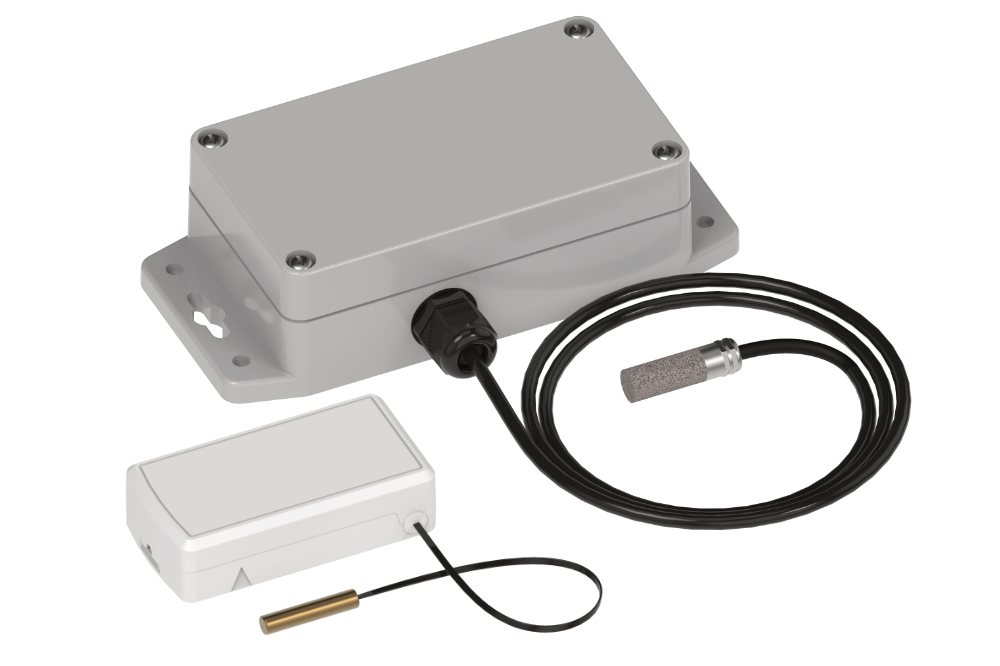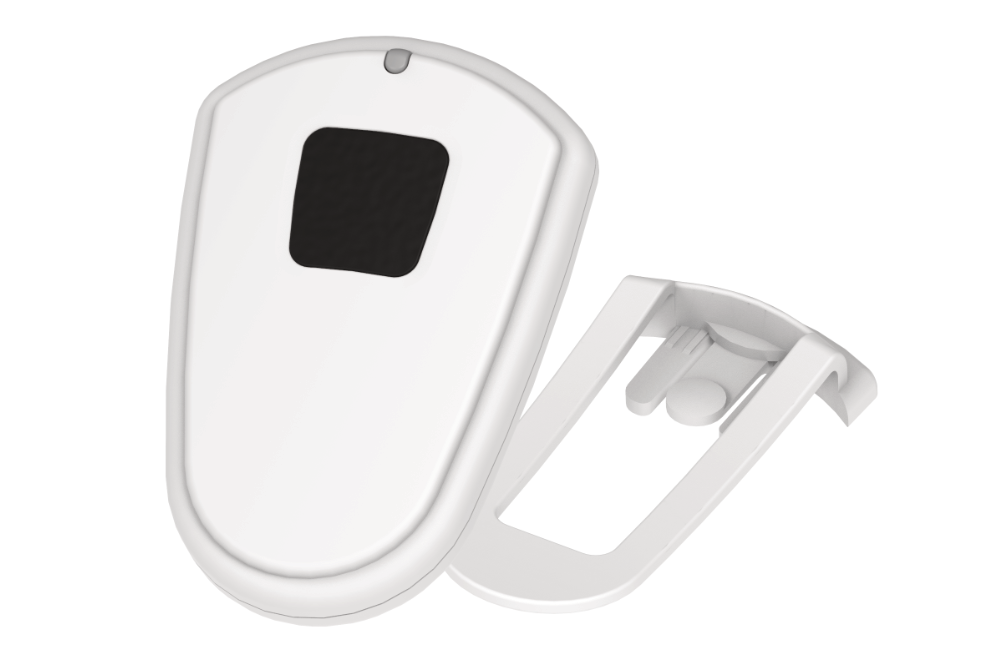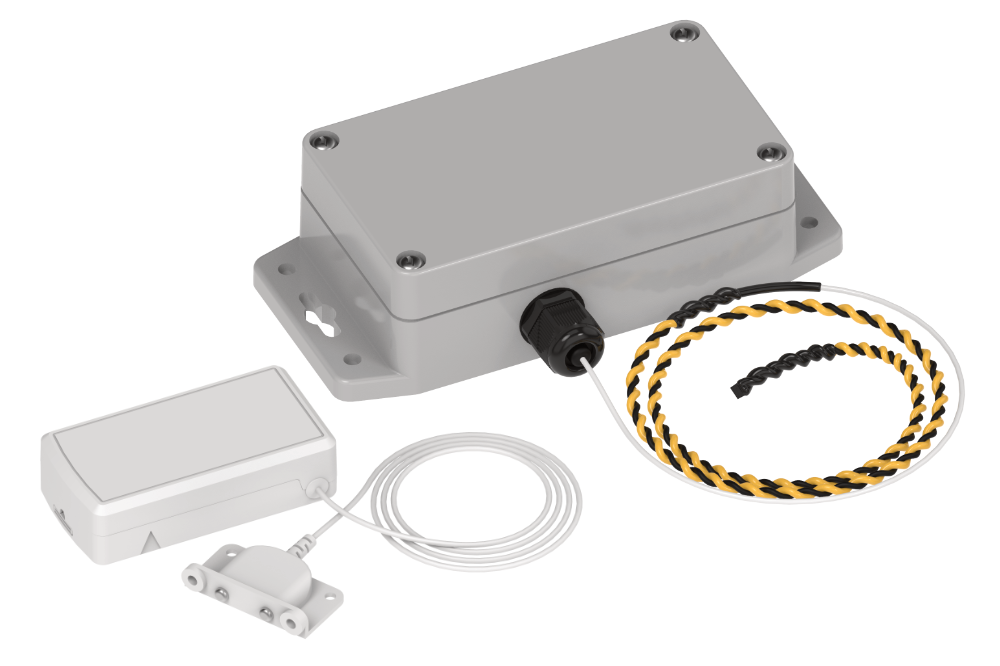Healthcare

Healthcare is another sector that will be transformed by Internet of Things (IoT) technology. Low-cost wireless sensors supported by low-power wide area networks (LPWANs) are enabling many applications in a variety of healthcare settings, from hospitals to senior living communities.
Wireless sensors help healthcare institutions take better care of patients and staff, while also preserving delicate assets, such as medications and blood samples. They are enhancing both inpatient and outpatient experiences by automating information flow in such a way that allows medical professionals to focus more on providing high quality care for patients.
In this case study “IoT For Smart Buildings“, we take a look at various use cases for wireless sensors in healthcare and highlight the many ways that they will change the industry forever. Here are just a few of the ways wireless sensors can impact every aspect of your hospitals operations.
Enhancing Hospital Operations
Wireless sensors can play many different roles in hospitals. Some directly support patient care while others help facility managers protect the integrity of core buildings.
Wireless air sensors can be installed all over hospital campuses in order to monitor air conditions in a low-cost, energy-efficient manner. These sensors can detect the presence of harmful gases and indicate when temperature or humidity levels move past certain thresholds. Air sensors can help facility managers maintain comfortable temperatures in patient rooms and monitor conditions in environmentally sensitive areas. For example, lab technicians may rely on air sensors to send alerts if air conditions change and jeopardize blood samples, vaccines, or medicines
Wireless push buttons can be deployed in hospitals and programmed to function as silent alarms that healthcare professionals can activate when necessary. These sensors are especially valuable in departments where doctors and nurses may need security guard assistance on a regular basis. For example, emergency rooms and behavioral health unit staff may want small wireless push buttons that can be easily activated if additional help is needed with unstable patients.
As with any building, wireless water sensors can also help mitigate flood damage from accidental leaks and plumbing issues that may arise in the hospital. Wireless rope sensors can detect liquid spills or pump failures over wide areas and leak sensors can be mounted near pipes to notify of frozen water in colder months. These sensors are also important for server centers and data rooms that house PHI.
Wireless humidity sensors can also play a crucial role in hospitals and other healthcare facilities as humidity levels need to be closely monitored. Pathogens, allergens, and other bacteria can develop quickly if humidity levels are too high. In critical care environments, it is particularly important for relative humidity levels to be set appropriately at all times, which is easier with wireless humidity sensors




